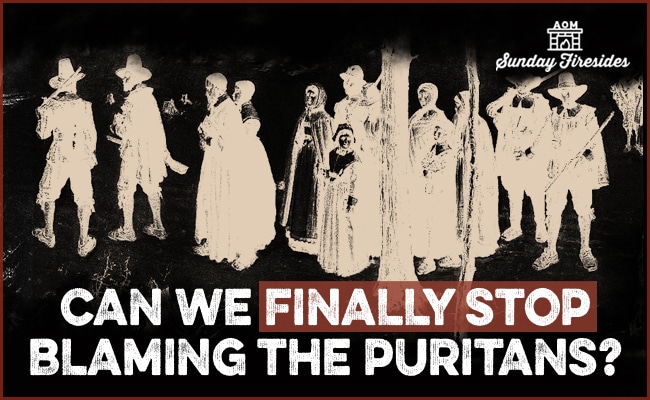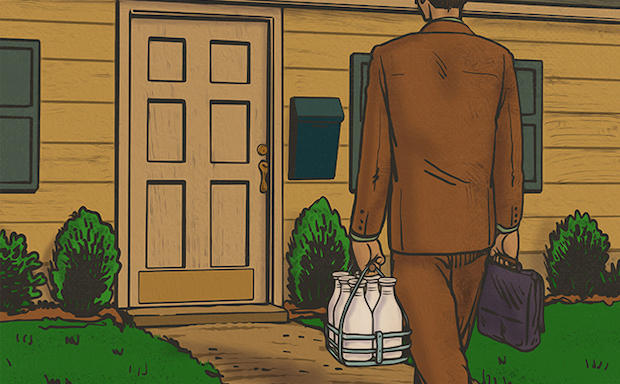
We live very differently than the Puritans did 400 years ago.
The Puritans wore thick woolen clothes; people today wear light, stretchy athleisure.
The Puritans forbade work and recreation on the Sabbath; people today spend Sundays playing golf and raking leaves.
The Puritans frowned upon dancing, swearing, and gambling; people today regularly cut a rug, place bets on everything from football games to presidential elections, and pepper their speech with profanity.
The Puritans eschewed and even banned the celebration of Christmas; people today engage in the holiday’s festivities for nearly two months of the year.
Despite how differently the citizens of modernity behave — with little to no resultant guilt — from how the Puritans did, there’s an area where they’re supposedly still pulling our strings: sex.
If the average person still desires to keep sex within the confines of commitment, still experiences unfaithfulness as the ultimate betrayal, still stubbornly feels like there’s something special about the whole thing, then, the thinking often goes, that’s just the enduring legacy of those uptight Puritans.
For those who feel the sexual liberation movement prematurely stalled out, for those who are contemplating a decision that doesn’t feel right and are looking to quiet the conscience and push past its pangs, it’s easier to trace the source of its compunctions to a caricature of a purse-lipped, finger-pointing, buckle-shoed prude than it is to consider whether those feelings might point to some deeper reality.
It’s easier to laugh off the natural bounds people feel around sex as the product of an archaic inheritance than it is to consider whether the import of those bounds rises higher than even that of other moral strictures — to consider whether there is, in fact, something uniquely sacred about sex that transcends time, culture, and a group of religious reformers from half a millennia back.







